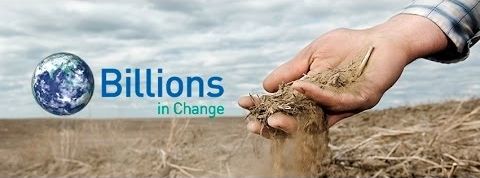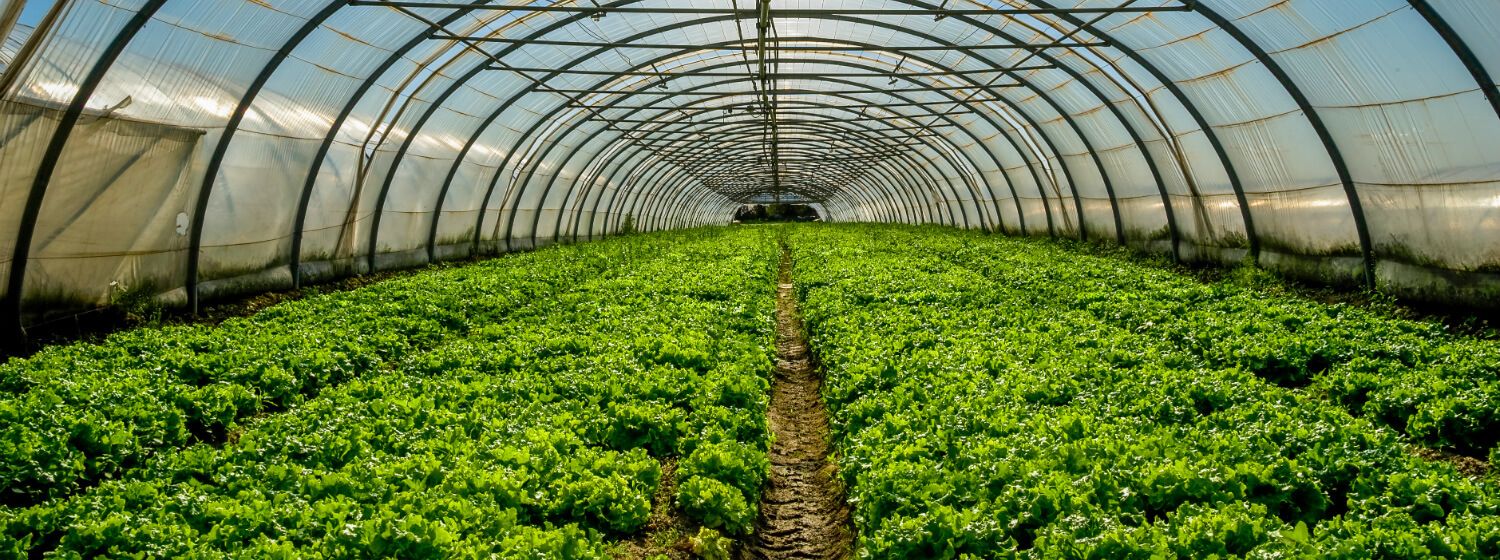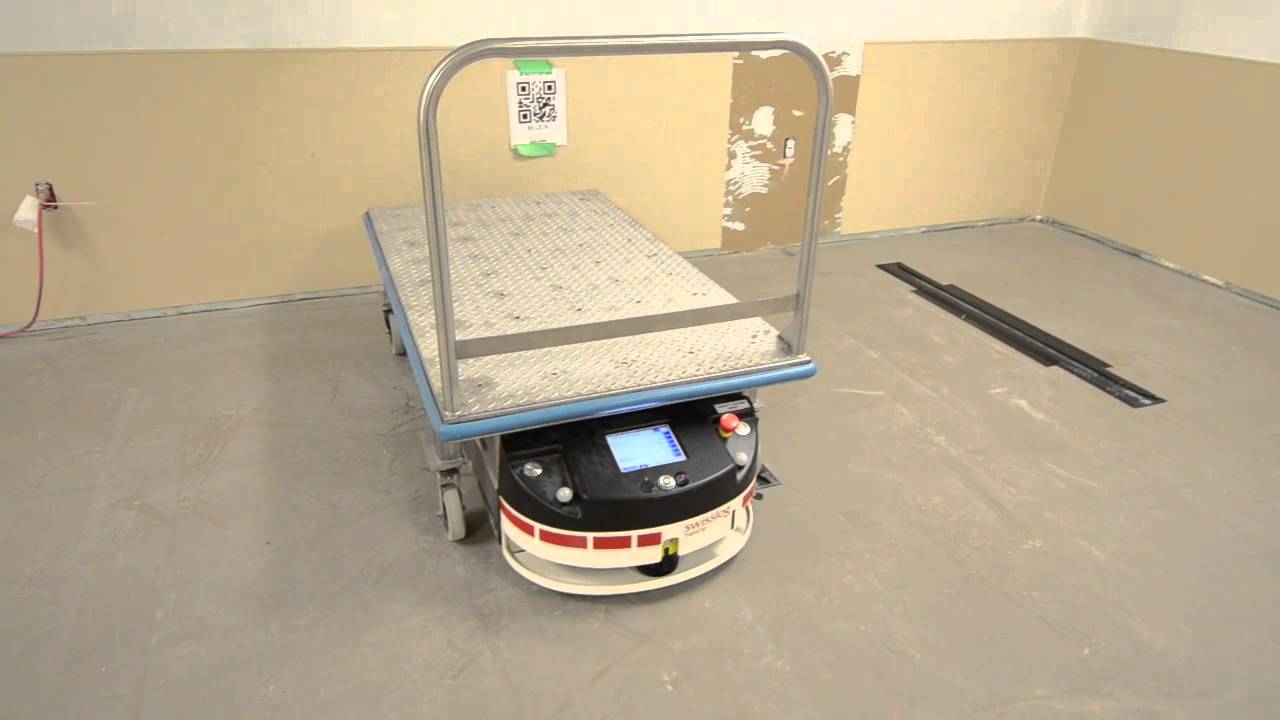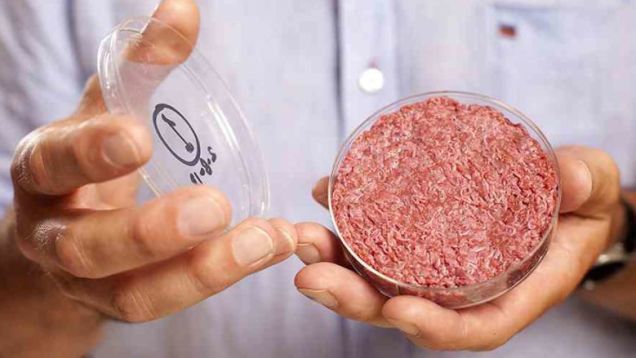Nov 11, 2015
Billions in Change Official Film
Posted by Julius Garcia in categories: education, food
https://www.youtube.com/watch?v=YY7f1t9y9a0
The world is facing some huge problems. There’s a lot of talk about how to solve them. But talk doesn’t reduce pollution, or grow food, or heal the sick. That takes doing. This film is the story about a group of doers, the elegantly simple inventions they have made to change the lives of billions of people, and the unconventional billionaire spearheading the project.
Join us at:
www.BillionsInChange.com
https://www.facebook.com/billionsinchange
https://twitter.com/billionsnchange
https://instagram.com/billionsinchange















